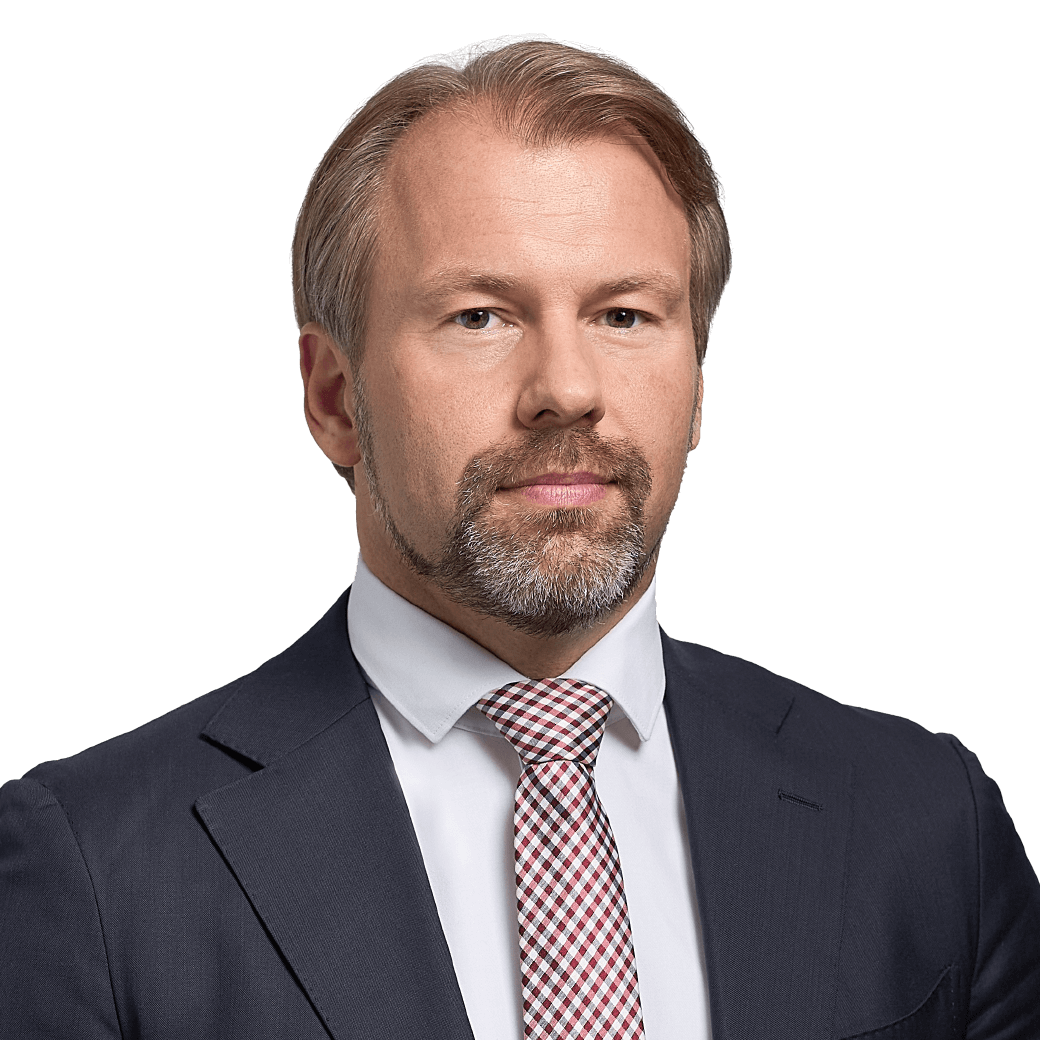Amendments and modernisation of patent law
Published on 30th June 2021
On 10 June 2021, the German parliament (Bundestag) adopted the Federal Government's draft law on modernising the patent law. The new regulations serve to simplify and modernise the Patent Act and other laws in the field of Intellectual Property.
In patent law, due to recent decisions (see e.g. BGH, judgement of 10 May 2016 - X ZR 114/13 - Wärmetauscher) and international harmonisation trends, there was above all a need for clarification with regard to the right for an injunctive relief in the case of an infringement of industrial property rights by complex products. There is also a need for optimisation regarding a better synchronisation of infringement proceedings before the civil courts and nullity proceedings before the Federal Patent Court (reduction of the "injunction gap") as well as with respect to an improved protection of confidential information in patent litigation. Finally, the Act is intended to achieve a practice-oriented optimisation of the procedural processes at the German Patent and Trade Mark Office and to reduce the bureaucratic burden on applicants.
By amending the previous Sec. 139 para. 1 of the German Patent Act (PatG), the injunctive relief can now be limited in certain cases. In exceptional cases, the courts now have the legal opportunity to limit the injunction of a patent infringement if the (unlimited) claim for injunction would lead to a disproportionate hardship for the infringer or third parties that is not justified by the exclusive right. The legislator did not give any concrete exemplary rules, which define this requirement more precisely. Instead, a case-by-case consideration takes place according to the principles of proportionality and the requirements of good faith. However, the explanation of the law contains some criteria for the decision of the balance of interests, which are i.a. well-known in patent law practice (e.g. actions by so-called "patent trolls"; small, non-functional components of a complex product; insufficient FTO ("freedom-to-operate") analyses; etc.). In result, this is a legislative clarification of the judicial proportionality test, which has not been expressly regulated so far and has therefore only been used with restraint in practice.
Furthermore, the amendments will accelerate nullity proceedings, which should also lead to a reduction of the so-called "injunction gap". Court decisions in patent infringement proceedings and in patent nullity proceedings are thus to be brought closer together in terms of time. In the new version of Sec. 83 para. 1 PatG, a target period of six months is established for this purpose. The Federal Patent Court is now required to inform the parties in nullity proceedings quickly about aspects essential for the decision and, for this purpose, to issue a qualified notice within six months after service of the action. If patent litigation is pending before the civil courts, the notice shall also be sent to this court ex officio. The aim is that the notice on the validity of the patent is already available to the civil courts prior to a first instance decision on the alleged infringement of the patent.
With respect to confidentiality, the conflict of interest by using confidential information in litigation to substantiate one's own legal positions on the one hand and keeping such information confidential in order to protect business secrets on the other hand shall be resolved. For this purpose, Sec. 145a PatG now provides that Sec. 16 - 20 of the German Law on the Protection of Trade Secrets (GeschGehG) shall apply accordingly in patent litigation with the exception of independent evidentiary proceedings and compulsory licensing proceedings. Sec. 16 para. 2 GeschGehG, for example, regulates, that information classified as confidential must be treated confidentially by the parties to the proceedings and may not, in principle, be used or disclosed by them outside of court proceedings. Also, according to Sec. 19 para. 1 GeschGehG, the court may restrict access to documents or to oral proceedings to a narrow circle of people upon request. In this context, the new Sec. 145a PatG is amended by the clarifying note that the term "information in dispute" (streitgegenständliche Information) within the meaning of Sec. 16 (1) GeschGehG is not to be understood strictly in the sense of the civil procedural concept of the matter in dispute (Streitgegenstand). Rather, it includes all information introduced into the proceedings by the plaintiff and the defendant.
The legislative procedure has attracted considerable media attention; not least because the practice in patent litigation fears a softening of patent protection. The international view on the potential restriction of the German "permanent injunction" (Sec. 139 para. 1 PatG), which was principally granted automatically in case of patent infringement prior to the legislative amendments, is also critical. Not least because of the effective court proceedings and the unlimited injunction, internationally Germany is an extremely popular venue for patent infringement proceedings. It is rather doubtful, whether the fear is well-founded and the amended German Patent Act will actually lead to a significant change in case law. The requirements for proving particular hardship will remain high in the interest of protecting innovation, which is why Germany will continue to be a "strong" patent venue.







